At the Foundation for Environmental Education (FEE) General Assembly on 17 June 2021, representatives from the global network of FEE member organisations officially ratified the GAIA 20:30 strategy. GAIA 20:30 is FEE’s pledge to address the three most urgent environmental threats to our planet over the coming decade – climate change, biodiversity loss and environmental pollution. The ratification of GAIA 20:30 also coincides with FEE’s 40th Anniversary and illustrates the organisation’s commitment to adapt to the environmental challenges that will face future generations.
This photo from a Young Reporters for the Environment student in Montenegro was chosen as Photo of the Year in the 2021 YRE International Competition. It highlights the need for climate action as outlined in the GAIA 20:30 strategy.
“There is a pressing need to prioritise the Foundation for Environmental Education’s finite resources to focus on the three key environmental issues facing our planet today: Climate Change, Biodiversity Loss and Environmental Pollution - which are intrinsically linked with one another and to the future of our planet. With 40 years of impactful experience in the fields of Education for Sustainable Development and sustainable management, and the established wide-reaching global network of member organisations managing and disseminating our programmes around the world, it is clear to us that the Foundation for Environmental Education has an important role to play in addressing these most critical environmental challenges of our time.”
A photo from the 2017 YRE International Competition by a student in Slovakia illustrates how FEE and GAIA 20:30 empower young people to take action on pollution issues in their communities.
The development of what would become GAIA 20:30 began in September 2019, when the FEE Board of Directors made the decision, following the IPCC Special Report on the Ocean and Cryosphere in a Changing Climate, to develop a new strategic plan for the coming decade focused on these three key environmental themes.
Following a thorough process that engaged top-level experts and representatives from FEE’s members and partners around the world, the strategy was refined down to three specific goals and 12 sub-goals crafted to maximise FEE’s positive impact on climate change, biodiversity loss and pollution. The three primary strategic goals that will define FEE’s work over the next ten years and beyond are: Empower Climate Action, Protect Global Biodiversity and Reduce Environmental Pollution.
GAIA 20:30 is defined by three overarching goals and 12 sub-goals
Once the strategic goals were determined, the FEE Head Office and Board of Directors poured extensive work into creating a detailed strategic plan, action plans and targets for driving real and lasting progress towards the goals in the years to come. The result is GAIA 20:30 – FEE’s commitment to take action to ensure a healthy, equitable and sustainable world for this and future generations.
FEE has a unique position as a global leader in environmental education and sustainable tourism to effect positive change through multiple stakeholders and methodologies. The three school-based programmes, Eco-Schools, Learning about Forests (LEAF) and Young Reporters for the Environment (YRE), engage over 20 million young people in environmental education and positive action each year, and the highly respected and recognised Blue Flag and Green Key tourism eco-award programmes reach millions more around the world.
GAIA 20:30 includes actions to connect young people with nature and teach them about the importance of biodiversity, with the aim of shaping a new generation of environmental leaders.
By harnessing the power of its global network, FEE will implement GAIA 20:30 through actions that have lasting environmental, societal and economic benefits. The actions driven by GAIA 20:30 will see FEE empower its audiences through education, enable advocacy for positive change at all levels, execute projects that promote the strategic goals, pursue and strengthen collaborative institutional and corporate partnerships, support members affected by environmental challenges and demonstrate operational accountability through a rigorous internal sustainability policy.
GAIA 20:30 has already begun to inform the focus and direction of FEE’s work around the world, such as through the LEAF Biodiversity Campaign, and will continue to be implemented, monitored and evaluated over the next decade. To learn more about GAIA 20:30 and view the full strategic plan, visit www.fee.global/gaia2030.
About the Foundation for Environmental Education
The Foundation for Environmental Education (FEE) is the world’s largest environmental education organisation - active in over 100 countries around the world. Through our five ground-breaking programmes and one carbon compensation initiative, we empower people through global environmental education to take meaningful and purposeful action to help create a more sustainable planet. FEE is an umbrella organisation overseeing a global network of one or more NGO member organisations in each member country. Our educational programmes, Eco-Schools, Learning about Forests and Young Reporters for the Environment (YRE), use a solution-based approach to empower young people to create a more environmentally conscious world. Our Green Key and Blue Flag initiatives are known across the world for their promotion of sustainable business practices and the protection of our valuable natural resources.






